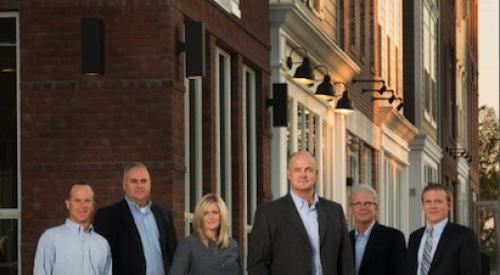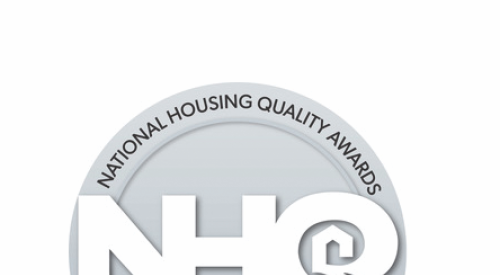| In this second installment of our year-long series on the start-up of a new home building company in Sarasota County, Fla., we look at the Total Quality Management underpinnings upon which the firm is founded.
|
Fledgling Florida builders David Hunihan and Todd Menke are getting a lot of help in their launch of a new company—Fidelity Homes—based on the principles of Total Quality Management.
An interesting trait of executives who espouse TQM is their unbridled enthusiasm for helping others adopt it as a management methodology. That missionary zeal is certainly evident in Diane Rivera, Shea Homes’ San Diego director of quality. So it comes as no surprise to us that Rivera volunteered to mentor Menke and Hunihan in quality process management.
Rivera even invited Menke to attend a four-day benchmarking event she hosted in San Diego in December, 1999. “That just blew our minds,” says Menke. “But we’ve since discovered that willingness to help are common among TQM builders.”
It was Rivera who first encouraged the Fidelity principals to use the National Housing Quality award judging criteria as a framework to build their company. She then worked with them to develop a matrix of core values, vision and mission statements, and “key business drivers” (what NHQ calls success drivers) to support the business model framed by the judging criteria.
“I’m not sure that even David and Todd realize the full extent to which their key business drivers come from their vision and mission. But they do, and they should,” says Rivera. “Key business drivers identify all the stakeholders in the business and tell what’s in this for each of them. The key business drivers propel the company to the performance NHQ measures.”
| Diane Rivera
|
The NHQ criteria measure an entrant, in detail, in eight areas: leadership, strategic planning, customer satisfaction, performance management, human resources, construction quality, supplier partnerships and business results.
“We do have winning the NHQ gold award as one of our stretch goals,” Menke admits, “but that’s not because we want to feed our egos. We see the NHQ criteria as a means to an end, a road map leading to a world-class home building organization.
To chart their course, Hunihan and Menke, working with Rivera, came up with a statement of core values: What we believe in—people, integrity, faith, teamwork, education, excellence and continuous improvement. And a vision statement: We want to create a world class organization that dominates the market through superior quality results, total customer care and the relentless desire to constantly improve the home building process.
|
||||||||||||||||||||||||||||||||||||||||||||||||||||
Their mission statement reads: We are in the business of building homes of enduring value in profitable cooperation with our customers, trade partners and associates.
Now comes the most critical declaration, Fidelity’s key business drivers: Home buyer delight, trade partner prosperity, associate growth, profitable business performance and excellent product quality.
For each of the key drivers, Menke and Hunihan have a to-do list of goals for this year. To reach home buyer delight, for example, their first step is to develop home buyer surveys that will allow information feedback, analysis and performance improvement. To enhance trade partner prosperity, they plan to develop scopes of work in cooperation with those trades to implement a continuous improvement process.
To further associate growth, Fidelity will develop a standardized staffing and recruitment plan, write position descriptions, produce plans for performance assessment and education/training and develop a compensation and incentive plan.
“They’re off to a great start,” says Rivera, “because their vision is so strong. They’re not just real estate deal-makers. They even want more than just to build great houses. Todd and David are out to build a great company. It’s a noble goal, but infinitely tougher than making deals and building houses.”
To keep them focused, Rivera emphasizes that Fidelity must have the plans—and means—in place to achieve every goal, and those plans and operating methods must be clearly understood by every employee and worker. “Diane keeps us grounded in the everyday world,” says Menke. “When we say we want to achieve ‘total customer care,’ she asks what our response will be when things go wrong. When we list zero defects at walk-through, she asks how we plan to respond when it doesn’t happen.”
Many companies create great business plans, says Rivera, but few translate plans into action through the year: “It takes effort by everyone to drive the strategic plan down to the level of regular work activities.”












